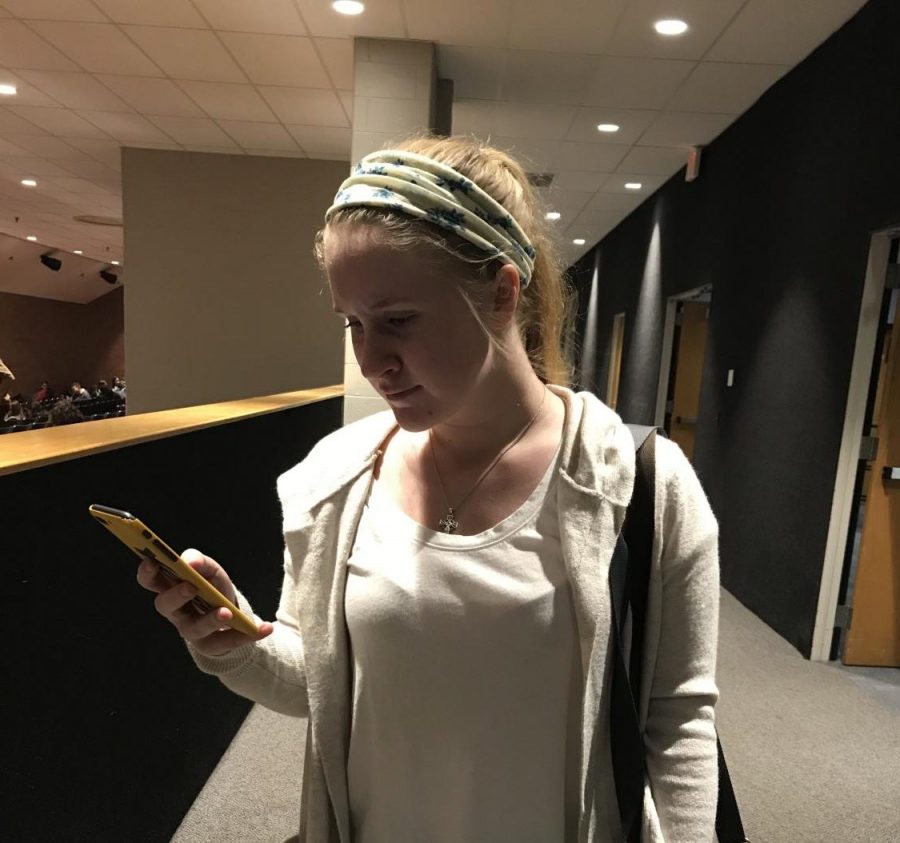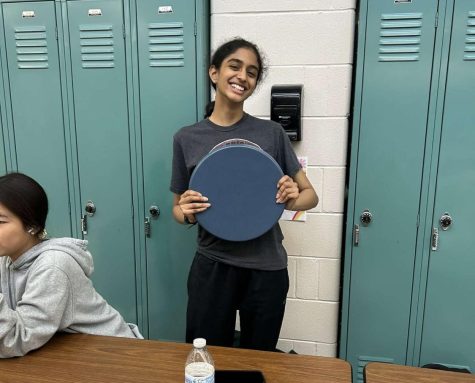Mad Hatters? More like Mad Hackers…
For many clubs, Instagram has become a great tool for contacting members and for spreading the word out about events or meetings, but lately, things have taken a turn. Followers have been getting strange DMs from club Insta accounts, asking them to click a link and sign in with their username and password.

The Insta accounts for clubs like yearbook and Hat Chat, have all been hacked. The hacking of yearbook’s Instagram started on Saturday, Sept. 14. Co-editor of the yearbook Kylie Caputo said, “It was just so strange because what would their motive be for hacking into a high school yearbook club Instagram account?” It was unexpected, despite the fact that Instagram hackings are fairly common. Another member of the yearbook Morgan Long said, “It’s something that happens to a lot of people. It happened in the yearbook account, too, and I’ve gotten those messages before from random people that would never think to DM me.”
One student that received yearbook’s messages realized the DMs were not to be opened. Sheila McGreevey said, “I saw a couple of messages like that from other people, and I had seen people posting messages on their story saying, ‘Don’t open it, it’s a hack’, but I thought it was kind of funny because it said, ‘Hi Sheila, I made this just for you.’ With the knowledge that it was spam, I sent back to them, ‘Can I open this, is it spam?’ They said, ‘Don’t open it, it’s not us.’ I thought it was weird because it was the HH yearbook page so you’d think it would be secure.”
This was not the first time McGreevey got messages like this. McGreevey said, “I had a couple and they were from people I didn’t know, so I was weirded out when I originally got them. When people started saying, it was spam, don’t open it, I started knowing.”
Giving more insight as to why digital accounts may be hacked, a computer science teacher Mr. Yuengel said, “Some hackers may not have a motive, they just like to hack the system and prove they can do it. They post [promotions] that could sway someone’s cultural views, politics, something that they wouldn’t normally post. They may do threats as well.”
In addition, hackers could be trying to benefit companies. Mr. Yuengel said, “Sometimes there are people who get paid to hack Instagram from within Instagram or other companies. They pay them to hack their system to try to get in so they can make it better.”
However, despite possible good intentions in the real world, looks can be deceiving. Long said, “You put your nickname or your name in your bio, so they’ll use that name and send you the link and say, ‘I made this for you.’ The first time I got it, I clicked on it because I didn’t know, then I changed my password right away. I think it’s something everyone can make mistakes.”
This makes it difficult for the yearbook to communicate with their members and the rest of the student body. The yearbook advisor Mrs. Nash said, “It messes things up for us because we DM often to communicate with people and it’s a way of us getting information if everyone’s not in school, so I hope people respond to our DMS now because I think it’s spam,”
However, there are solutions to this problem. Caputo said, “I changed the password and I [activated] authentication so whenever a new person tries to log in to our account, it’ll send a code to my phone number.” Along with changing the password, ceasing the hack from spreading is vital. “We tried putting a message on our story saying ‘if you receive this, don’t click on it to try to prevent it,” said Caputo.
Before the hacking is a possibility, there are ways to prevent the hack from spreading. Mr. Yuengel said, “Be cautious, do not give your phone to anybody. Use the two-step authentication, use the two-step verification process, enable it on the accounts. Do not click any links that people send you, post, or share with you. Those links could access your phone, put a picture on your phone, get into the system on your phone.”
Social media can be a way to connect people in and out of school, but students should be aware and cautious of those who do take advantage of platforms. Being smart about social media can stop a continuous chain of hacking to others’ accounts.






